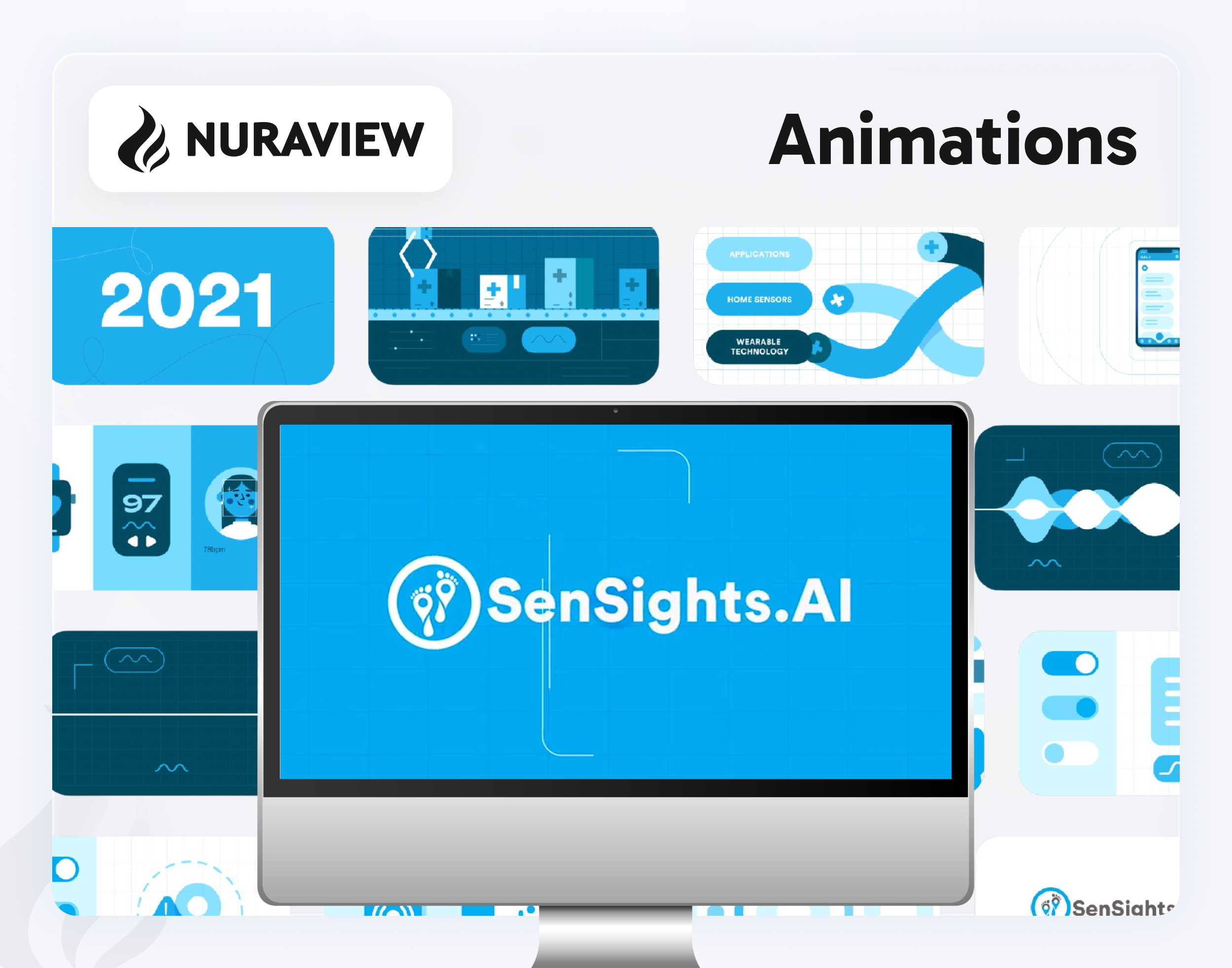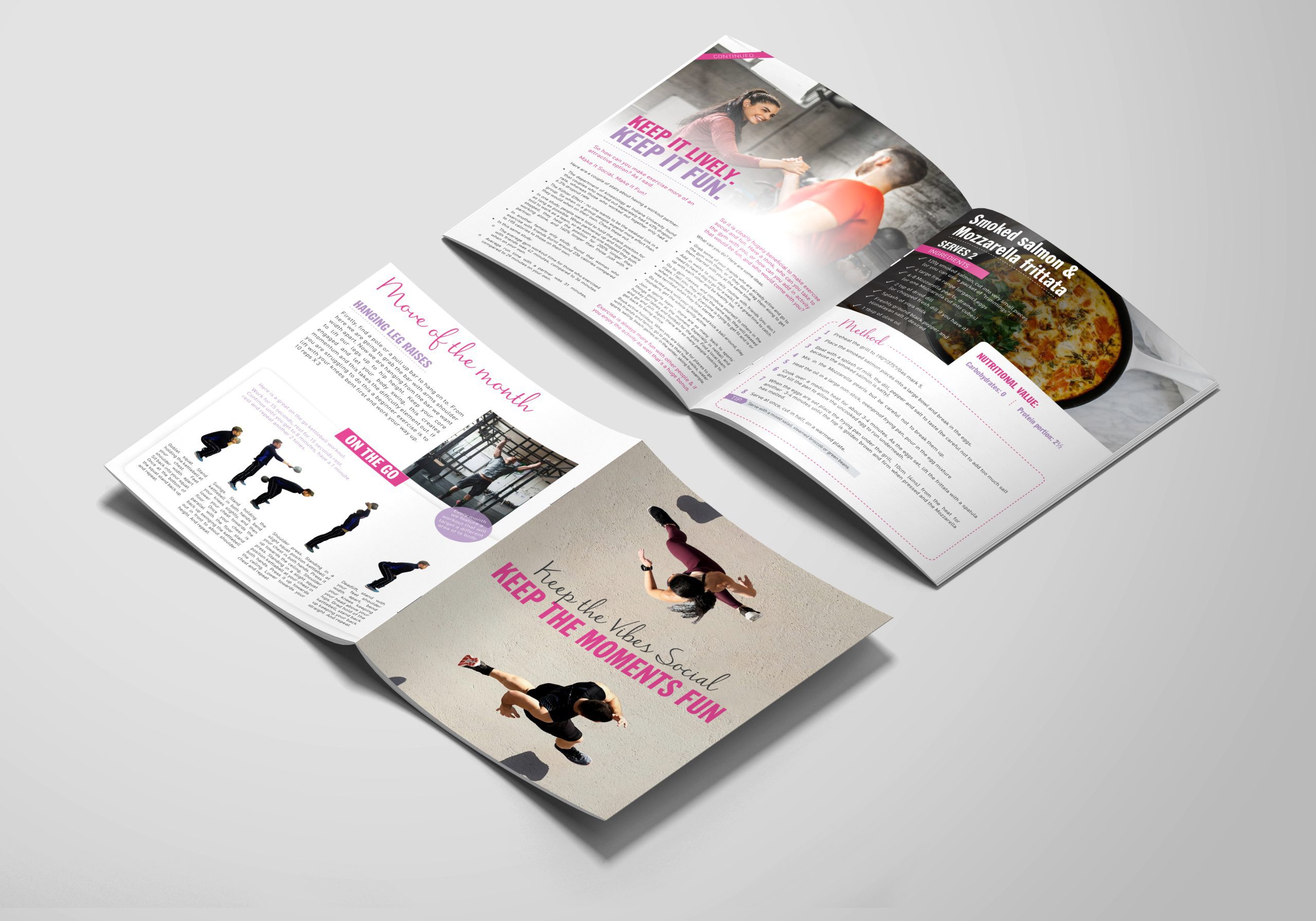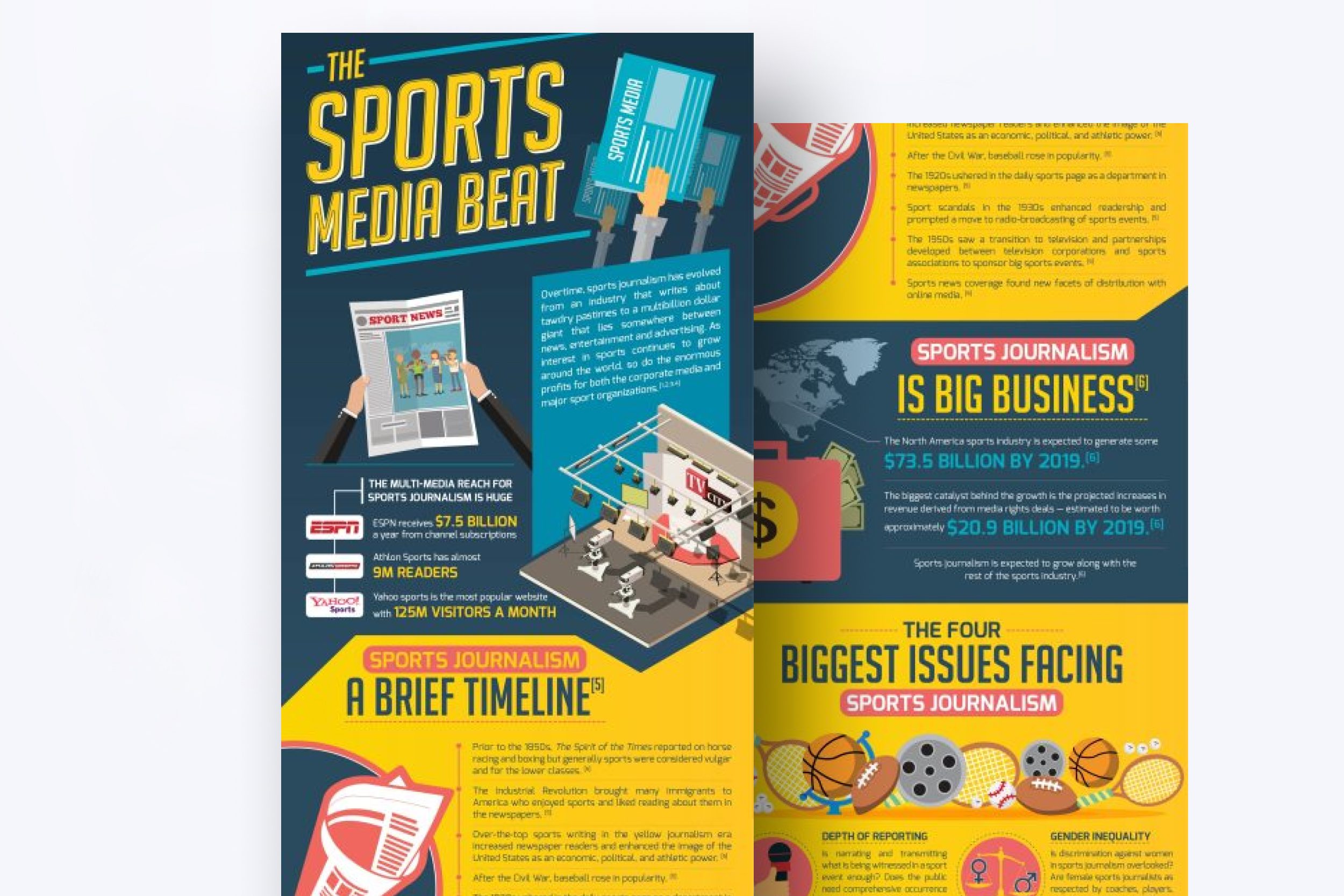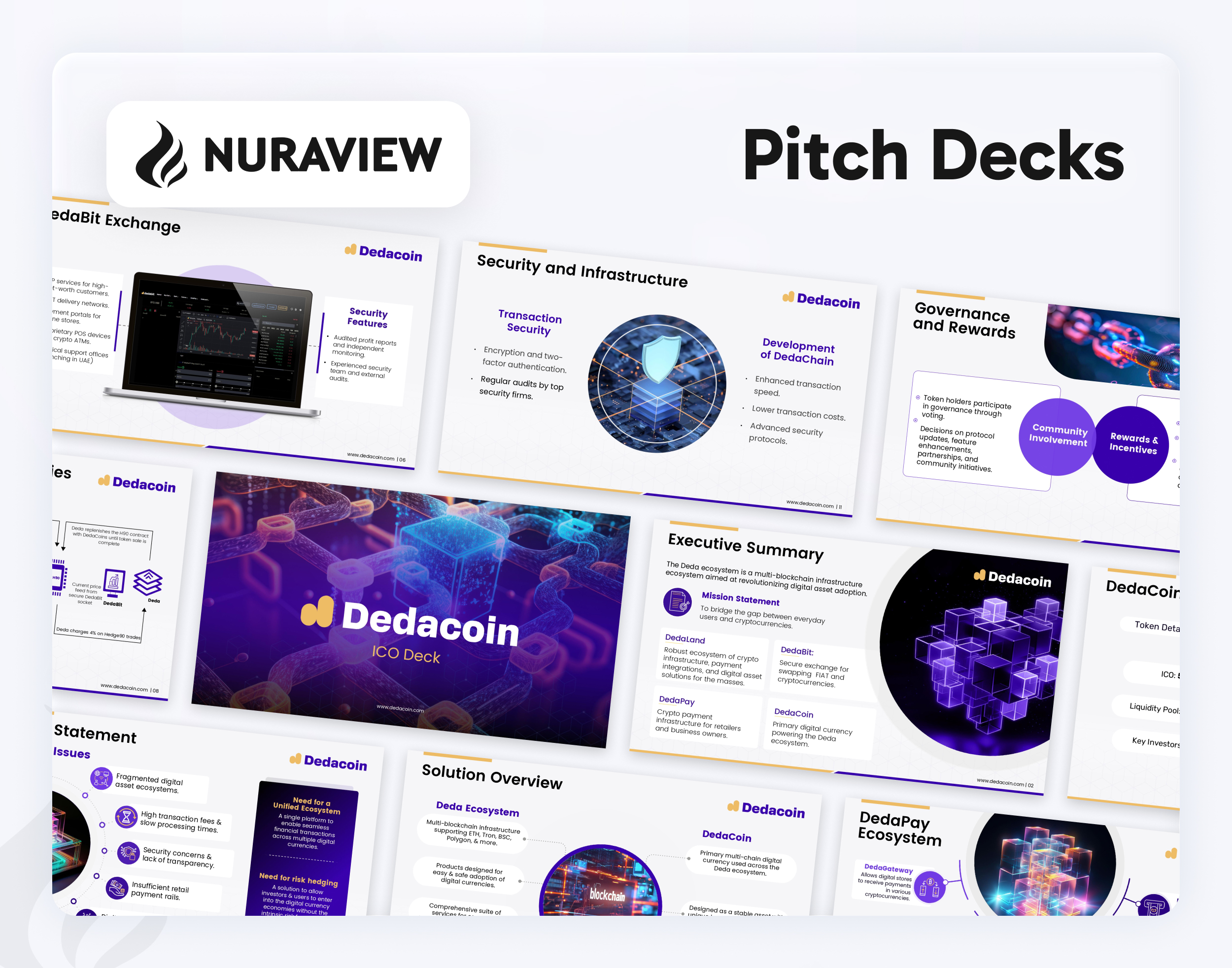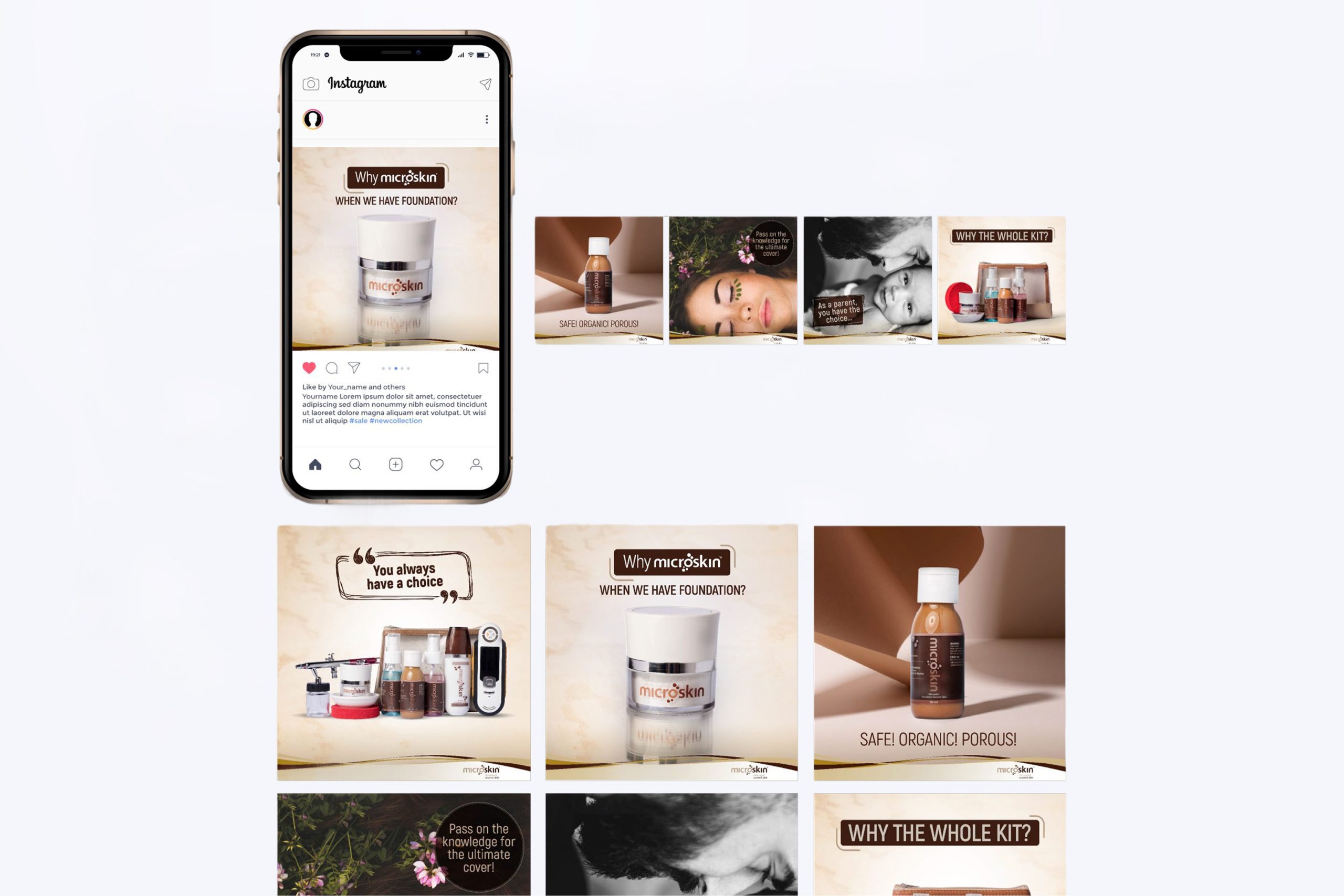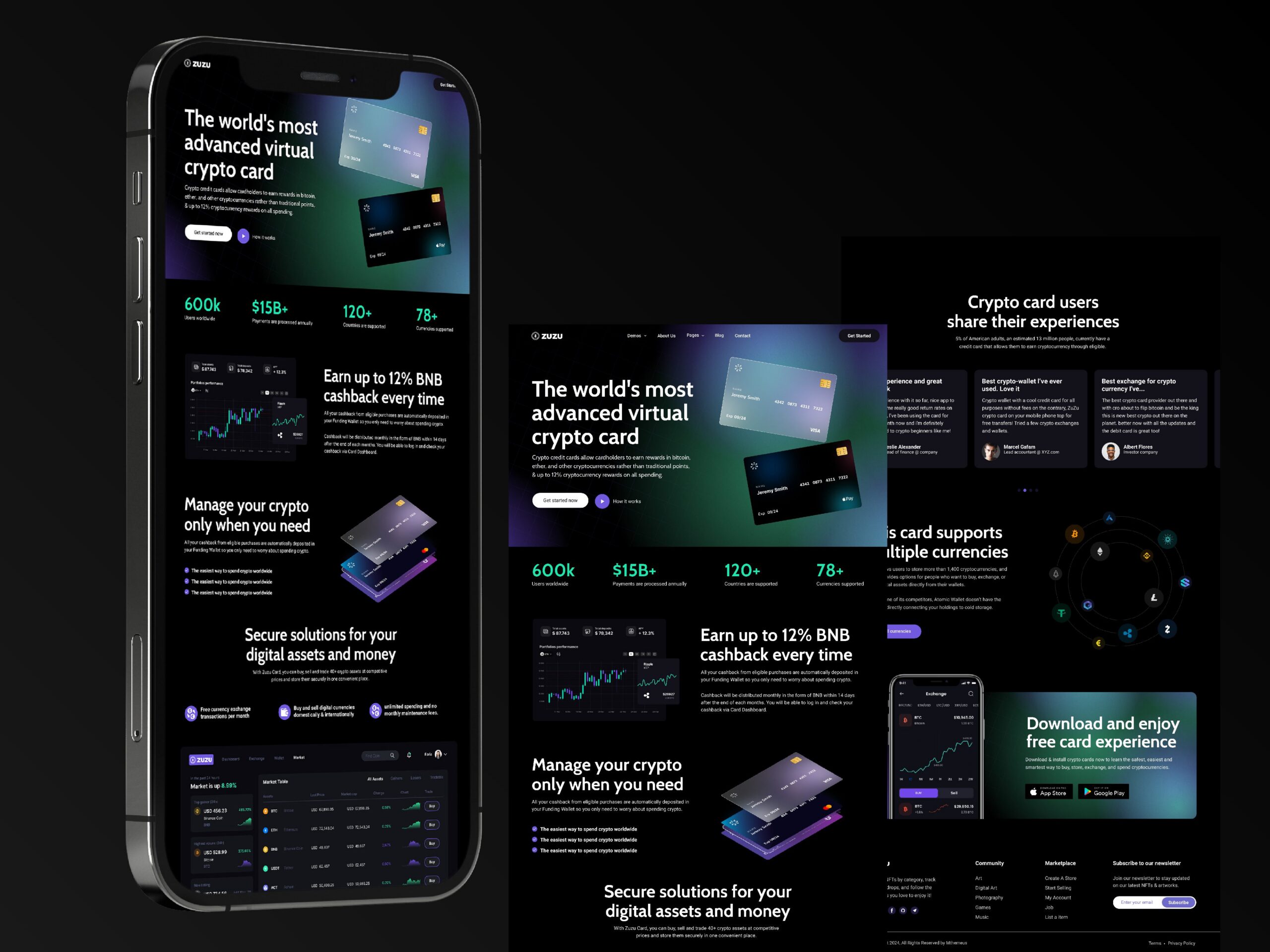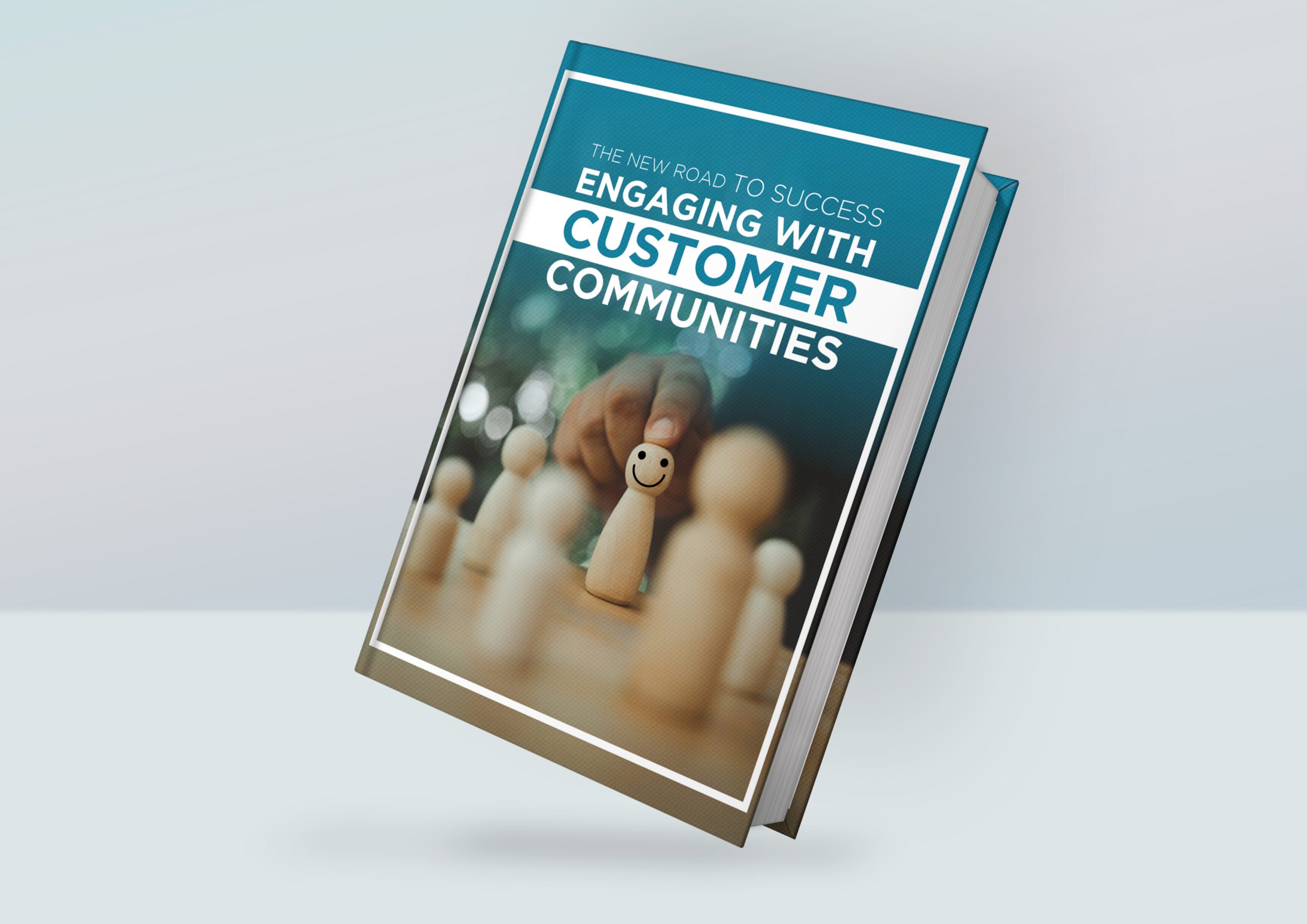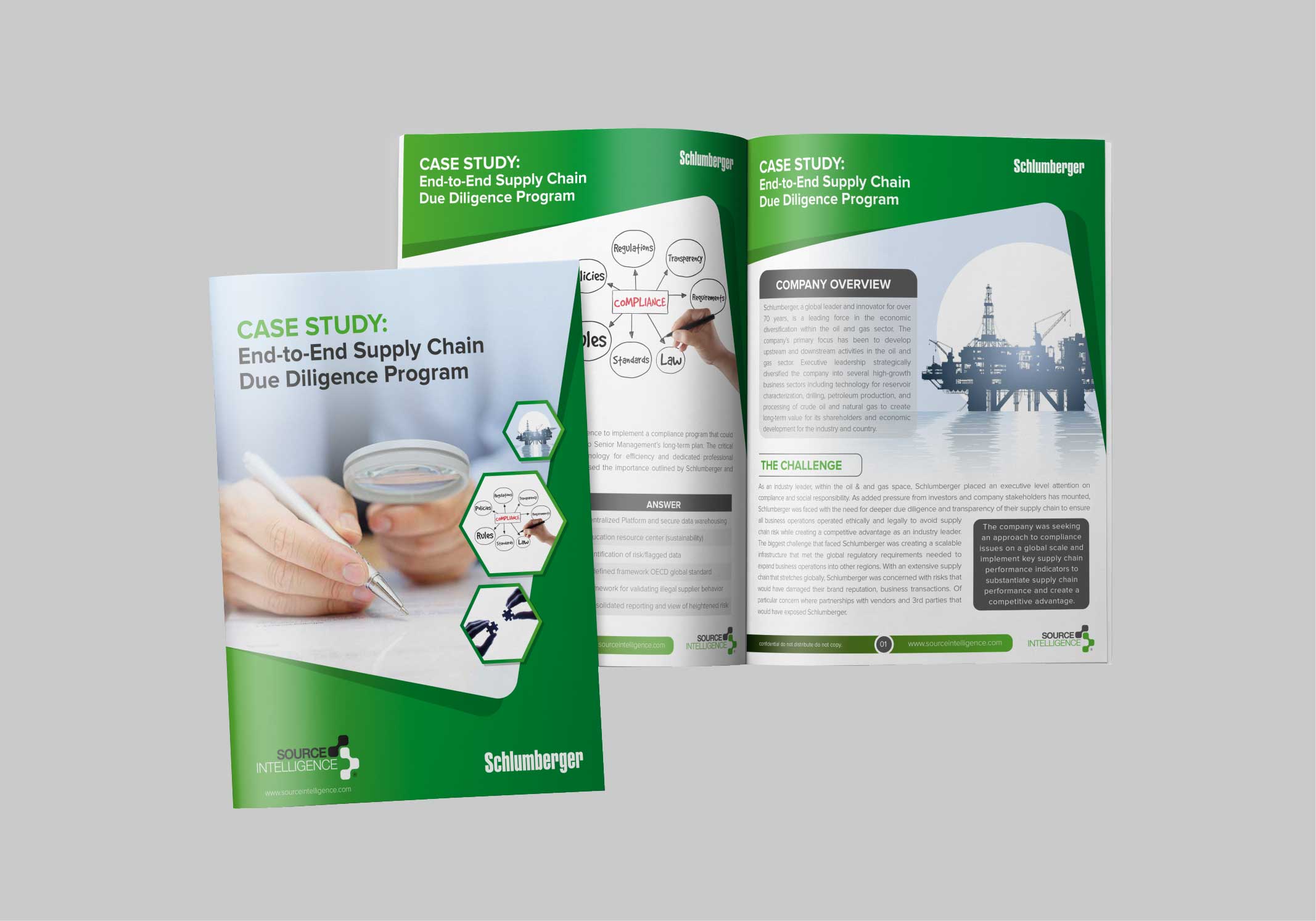Psychology of marketing is transforming how brands connect with consumers. The human mind makes purchase decisions in milliseconds, and modern marketers are finally learning how to tap into this psychological reality with unprecedented precision. AI-powered psychological targeting now delivers 2-3x higher engagement rates, while brands leveraging cognitive biases see conversion increases of up to 270%. This represents a fundamental shift from traditional advertising to psychologically informed marketing that speaks directly to how consumers actually think and feel.
The stakes couldn’t be higher. With 70% of buying decisions driven by emotion (Microsoft Advertising) and consumers processing visual information 60,000 times faster than text, understanding psychology isn’t just helpful—it’s essential for survival. Companies that master these principles are capturing disproportionate market share, while those stuck in traditional approaches watch their campaigns fail to resonate with increasingly sophisticated audiences (DemandSage).
The convergence of behavioral science and marketing technology has created an environment where 43% of marketers now use AI to generate psychologically targeted copy and creative (HubSpot, Founder Shield). At the same time, “vibe marketing” searches have exploded by 686% (DemandSage) as brands recognize the power of emotional connection over rational persuasion. This psychological revolution is redefining how successful companies build relationships with customers.
The cognitive bias goldmine driving conversions
The most successful e-commerce companies have discovered a psychological treasure trove in the form of cognitive biases—predictable mental shortcuts that influence every purchase decision. Based on analysis of over 41,000 A/B tests, neurosciencemarketing twelve specific biases consistently drive dramatic conversion improvements when properly implemented.
Social proof reigns supreme as the most powerful bias, with products displaying positive reviews seeing up to 270% increases in conversion rates. Emulent The psychology is simple: humans are hardwired to follow the crowd, especially when uncertain about decisions. Profit.co Amazon’s “customers who bought this also bought” feature exemplifies this perfectly, leveraging the bandwagon effect to guide purchasing behavior through peer validation.
Scarcity creates urgency that bypasses rational deliberation, with limited stock displays increasing conversions by 22%. EmulentHelp Scout The psychological principle of loss aversion—where people fear losses twice as much as equivalent gains—makes “Only 2 left in stock” more compelling than any discount. Seer Interactive Booking.com has mastered this art, combining scarcity with social proof (“X people viewing this property”) to create powerful psychological pressure.
Anchoring bias shapes all subsequent perceptions of value, making the first price consumers see the reference point for everything else. Companies like ActiveCampaign strategically highlight their most expensive plans first, making mid-tier options seem reasonable by comparison. This cognitive quirk means 85% of consumers make snap judgments about products based on initial impressions, Mindesigns often determined by clever anchoring. Medium +2
The reciprocity principle drives 30% increases in customer engagement Medium when brands provide value before asking for anything in return. Free trials, valuable content, and unexpected bonuses trigger an almost involuntary desire to reciprocate, transforming one-time visitors into loyal customers through the psychological need to balance social exchanges.
Emotional triggers that bypass rational thinking
Modern neuroscience reveals that humans cannot make purchase decisions without accessing their emotions, making emotional triggers the secret weapon of breakthrough marketing campaigns. The most effective brands understand that while customers may rationalize purchases logically afterward, the initial buying impulse originates in emotional brain centers that process information before conscious thought begins. Institute Data
Joy and happiness release dopamine, improving focus and information processing while making content more likely to be shared. Coca-Cola’s “Share a Coke” campaign transformed a simple product into an emotional experience by connecting the drink to friendship and personal connection. The psychological mechanism works because positive emotions create approach behaviors, making consumers more likely to engage with and remember brands that make them feel good.
Nostalgia creates powerful personal connections to past experiences, transforming products into cherished symbols of identity and belonging. Apple’s marketing consistently taps into nostalgia for simpler times and human connection, positioning their technology as tools for recapturing meaningful experiences rather than mere gadgets.
Trust and safety emotions have become crucial as 71% of consumers expect personalization Shopify that makes them feel special Startup Info rather than surveilled. Brands building trust through transparent data practices, consistent messaging, and authentic communication see higher customer satisfaction and loyalty rates. The psychology works because trust reduces cognitive load—trusted brands require less mental energy to evaluate, making purchase decisions easier.
Fear and urgency create pressure-filled decision environments that lead to impulse purchases, with limited-time offers generating 35% surges in sales. Medium However, the most sophisticated marketers use fear subtly—highlighting what customers might miss rather than what they might lose, creating positive urgency rather than anxiety-driven behavior.
The AI-powered personalization breakthrough
Artificial intelligence has transformed psychological marketing from broad demographic targeting to individual personality profiling, creating unprecedented opportunities for personalized persuasion. 88% of marketers now invest heavily in AI, HubSpot with 43% using AI to write copy, create images, and generate ideas HubSpotcbinsights that speak directly to individual psychological profiles. hubspot +3
AI algorithms analyze behavioral patterns to identify personality traits, emotional states, and decision-making preferences in real-time. This capability allows brands to present the same product differently to different people—emphasizing security features for risk-averse customers while highlighting innovation for early adopters. Companies using psychologically congruent targeting see 1.54x higher purchase rates compared to generic approaches.
Vibe marketing represents the cutting edge of this AI-powered psychological targeting, with searches increasing 686% as brands hire dedicated “vibe marketers” with salaries up to $1 million. DemandSage These professionals use AI to identify and amplify emotional undercurrents in culture, creating content that feels authentic rather than advertised. The strategy works because 82% of Gen Z prefer brands that share their values, cbinsights making cultural alignment crucial for long-term success. hubspotHubSpot
Predictive psychology models now anticipate customer needs before conscious awareness develops. Netflix’s recommendation engine exemplifies this approach, analyzing viewing patterns to suggest content that matches unconscious preferences. The result is what feels like mind-reading but represents sophisticated pattern recognition applied to human behavior.
The most advanced applications integrate 12 feelings of inclusion Microsoft Advertising with generative AI to create scalable emotional intelligence. This approach recognizes that effective personalization requires understanding not just what customers buy, but how they want to feel throughout the purchasing process.
Case studies from psychology marketing leaders
Real-world applications of psychological principles reveal the dramatic impact of scientifically-informed marketing strategies. Nike’s “Dream Crazy” campaign featuring Colin Kaepernick generated 80+ million views and 31% increases in online sales by tapping into powerful emotions around identity, courage, and social justice. Sprintzeal The campaign succeeded because it aligned with customers’ deeper values rather than simply promoting products.
Apple’s “Shot on iPhone” campaign leveraged social proof through user-generated content, resulting in 1.8 million Instagram posts and 50% boosts in iPhone sales. The psychological genius lay in transforming customers into brand advocates while providing authentic peer validation. When potential customers see ordinary people creating extraordinary content, the product becomes personally attainable rather than intimidationally professional.
Spotify’s Wrapped campaign converts raw data into personal identity celebration, creating massive social media sharing and brand engagement. The psychology works by making data personally meaningful—transforming listening habits into identity statements that users proudly share. This approach demonstrates how psychological insight can make even mundane information emotionally compelling.
Booking.com has mastered the art of combining multiple psychological triggers simultaneously. Their platform displays social proof (“X people viewing”), scarcity (“Only 2 rooms left”), and urgency (“Book now, prices rising”) in carefully orchestrated sequences. Neuroscience Marketing Machine learning determines optimal messaging timing based on individual user psychology, resulting in industry-leading conversion rates.
Disney’s omnichannel emotional experience maintains consistent magical psychological tone across digital and physical touchpoints. Their My Disney Experience app enhances park visits by reducing cognitive load while amplifying positive emotions. The strategy works because it addresses the complete customer journey from anticipation through memory, creating lasting emotional associations with the brand.
Actionable strategies for psychological marketing mastery
The most effective implementation of psychological marketing principles requires systematic approaches rather than random bias application. Start with choice architecture optimization by reducing option overload through strategic curation. McKinsey research confirms that customers feel more satisfied with fewer, well-positioned choices than overwhelming arrays of possibilities. mckinsey
Implement progressive psychological triggers throughout the customer journey, beginning with awareness-stage emotional hooks and evolving toward conversion-focused cognitive biases. The sequence matters—trust-building must precede scarcity tactics, and social proof works best after initial interest establishment.
Leverage AI tools for psychological insights by using automated A/B testing of emotional triggers, real-time personalization based on behavioral psychology, and predictive modeling of customer psychological states. The key is systematic testing rather than assumption-based implementation. hubspot
Create unified emotional brand experiences by ensuring psychological consistency across all touchpoints. Disney’s success demonstrates how coherent emotional positioning multiplies individual tactic effectiveness. Every interaction should reinforce core psychological associations rather than creating conflicting emotional signals.
Develop ethical guidelines for psychological influence by balancing persuasion with genuine customer value creation. The most sustainable approaches help customers make decisions aligned with their actual needs rather than manipulating them into unwanted purchases. 71% of consumers now expect personalization ShopifyStartup Info that serves their interests, making ethical application both morally and commercially superior. hubspot
The future of psychologically-informed marketing
The convergence of neuroscience, AI, and marketing technology promises even more sophisticated psychological applications in the years ahead. VR and AR technologies will create immersive psychological environments where emotional triggers operate through multiple sensory channels simultaneously. Voice psychology will leverage audio cues for emotional impact, while biometric marketing will use physiological responses for real-time optimization.
Regulatory and ethical challenges are emerging as consumer awareness increases and privacy regulations evolve. The most forward-thinking brands are already developing responsible use frameworks that harness psychological insights while respecting customer autonomy. This approach builds long-term trust while avoiding regulatory backlash. hubspot
Generational shifts demand evolved psychological approaches as Gen Z expects authentic value alignment rather than manipulative persuasion. 82% prefer brands sharing their values, McKinsey & Company +2 requiring psychological marketing to evolve beyond conversion optimization toward genuine relationship building. hubspotHubSpot
The brands that will dominate tomorrow’s landscape understand that psychological marketing represents a fundamental shift from interruption-based advertising toward psychology-based relationship building. They use behavioral insights to create genuine value rather than mere persuasion, building sustainable competitive advantages through authentic emotional connection with customers who increasingly demand both personalization and respect for their psychological autonomy.



